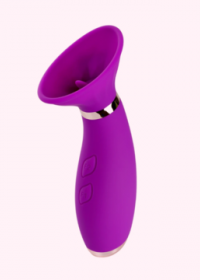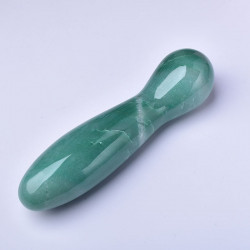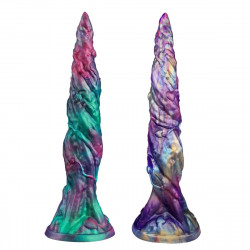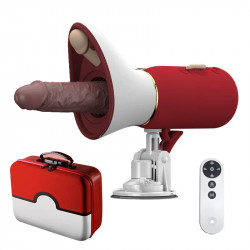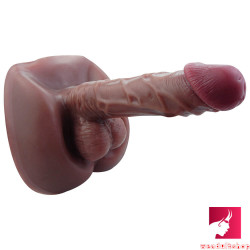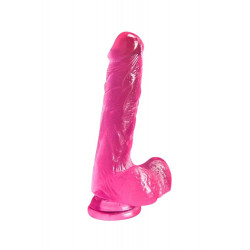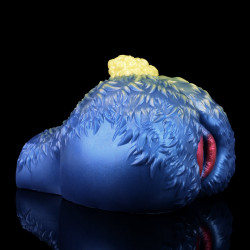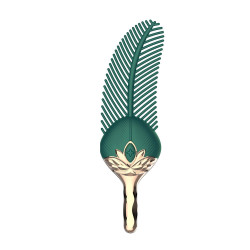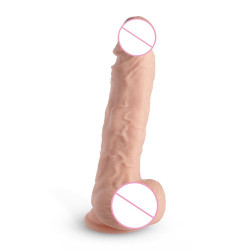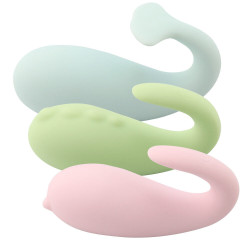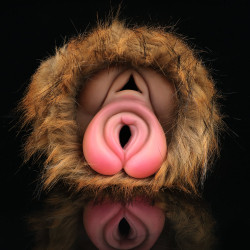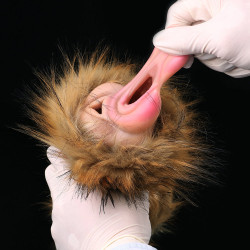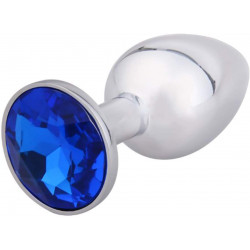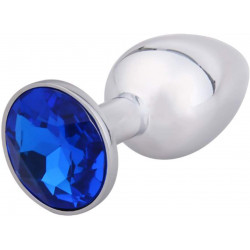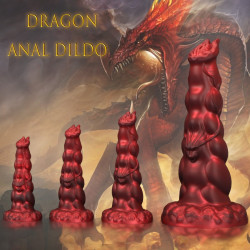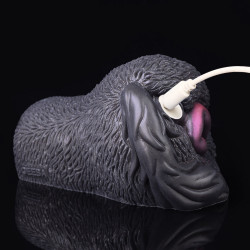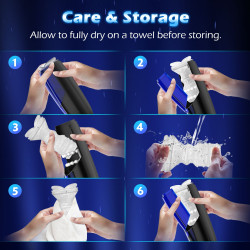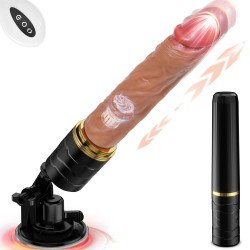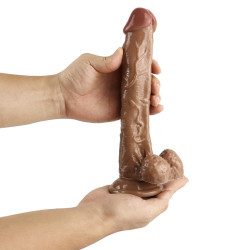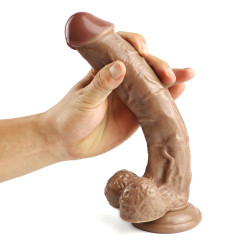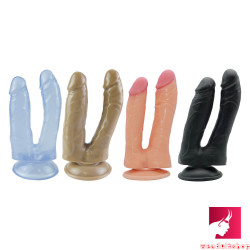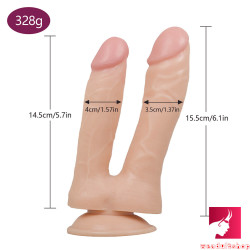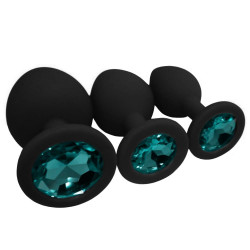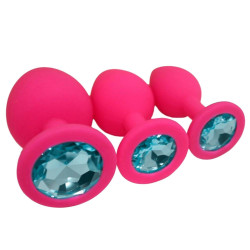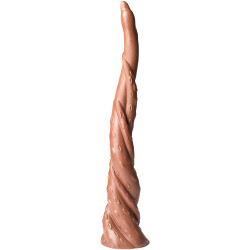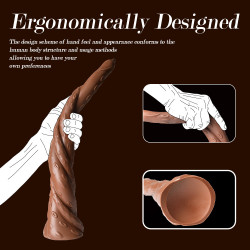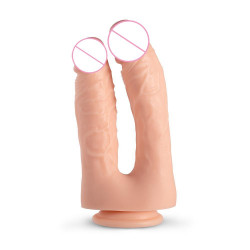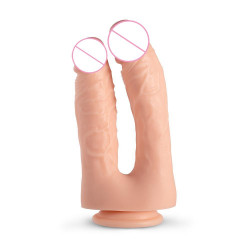
Drew's Nudes And How They Don't Matter These Days
There was a time before the Internet if any of us can remember or were even alive to do so (yeah, Virginia, we didn't have cell phones or X!). And it was a huge deal to witness a celebrity in their underwear back then. As we previously reported, the publication of Penthouse's nude photos of Vanessa Williams, the newly crowned Miss America in 1984, the circulation of celebrity "sex tapes," and even a glimpse of an actor exposing more skin than usual in a mainstream film were all enough to spark a flurry of vapers throughout the media and culture.
Then there was Playboy, a magazine that would sometimes get a famous female celebrity to expose some skin. That's just what Drew Barrymore accomplished in 1995.
In a lengthy Instagram post this week titled "Phone Home" (alluding to her role in the movie "E.T. the Extra-Terrestrial"), Barrymore talked about what she refers to as—and undoubtedly were—those "chaste nudes" that she permitted to be photographed shortly before her twentieth birthday.
What Drew said
Barrymore discussed the sensitivity she feels now that she is a parent, mentioning in particular that she was raised in an environment that made her what she refers to as a "big exhibitionist" when she was younger. Nevertheless, she sees those notorious Playboy photos as works of art, and in retrospect, she does not condemn the images or her choice to take them. She merely laments that she could not predict at the time how the pictures would outlive the paper they were printed on.
Now, Ms. Barrymore, who hosts her talk show and is a partner in the influential production company Flower Films, claims she only wants to do everything she can to keep her kids safe.
The world has changed.
The Internet has undoubtedly made it possible for Drew and many other celebrities to occasionally see offensive photos from the past appear online or experience a "leak" from cloud storage. However, our perspectives on sexuality and nudity have changed since 1995.
From Kim Kardashian's "breaking the net" by exposing a significant amount of private information in Paper Magazine to everything we see on our various X feeds even when we don't request it, to the cotton candy-sexuality present in Cardi B's WAP video, which features a controversy that seems like so much pre-pandemic noise (whether you like the song or not), one could argue that perhaps we continue to evolve over this issue. Indeed, there are still websites dedicated exclusively to sharing revenge porn or private photos taken from a celebrity's online persona. But do we care about seeing flesh these days as a culture beyond the odd sexy thrill?
The acquisition of sex, the display of sex, sex as a competitive marketplace, sex as an economic vehicle, sex as a cure-all, sex as a moral cudgel—the nudes internet is less about sex itself and more about what it symbolizes, according to Jane Coaston, author of The Nudes Internet by The Atlantic. The nude itself is no longer shocking anyone, according to Coaston; instead, it is the manner the nude is spreading over the Internet, which, he thinks, offers pro and anti-nude/sex/pornography posters more ammo.
However, Drew Barrymore and the rest of us believe that such bullets no longer penetrate as well as they once did.

